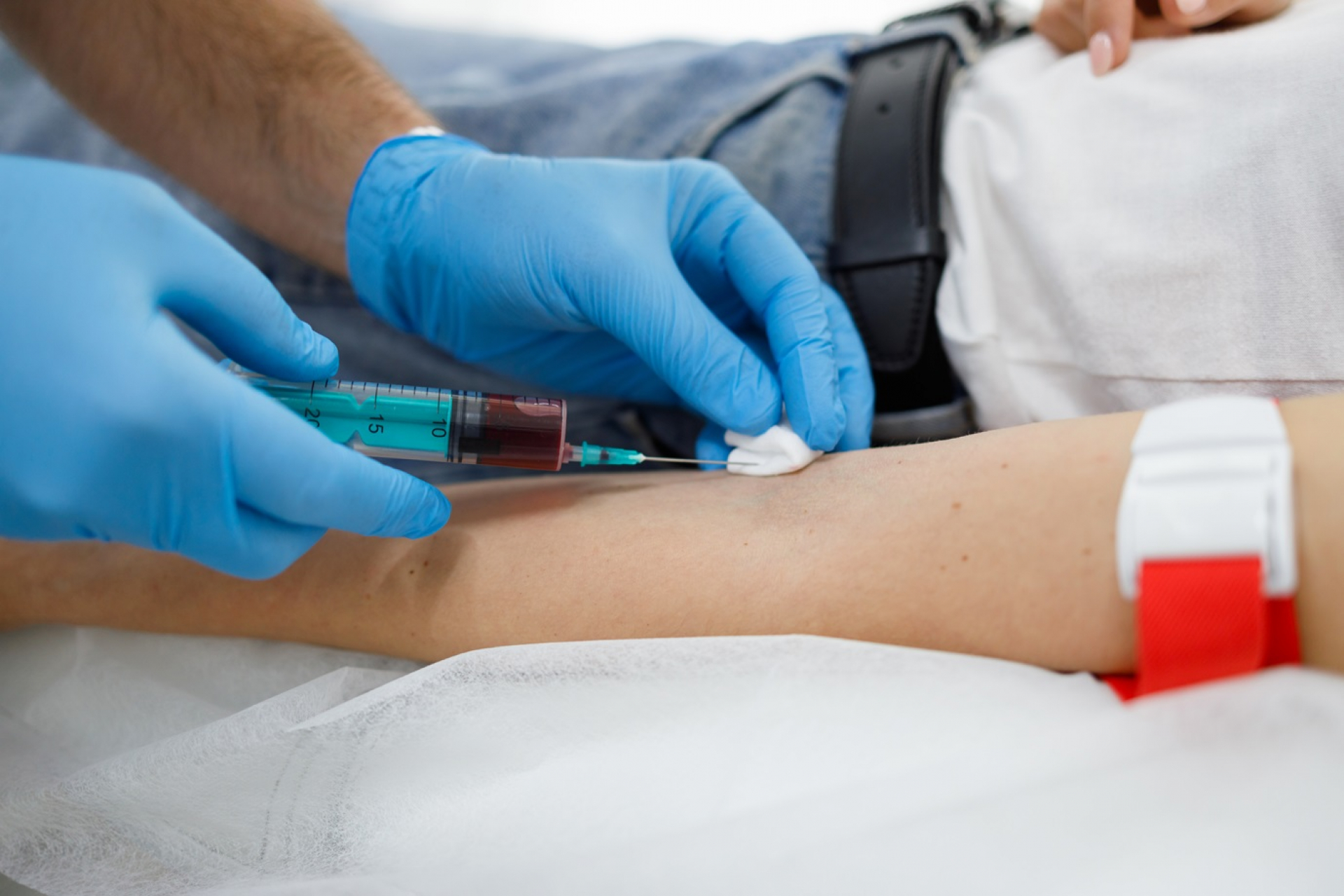Essential blood tests can help in maintaining good health as well as diagnosing any potential health conditions early. Taking these tests on a regular basis can assist you in managing and improving your overall health by guiding you to take the proactive measures. Blood tests help healthcare providers determine if there are any particular risks to an individual’s health and what measures may be needed to treat or manage them.
Importance of Routine Blood Tests
Early detection of diseases
Routine blood tests are important as they help in the detection of any underlying health conditions, which generally do not show any symptoms at their early stages. Diseases like diabetes, cardiovascular problems, and kidney diseases can be much more easily managed if detected on time. For instance, a simple blood sugar test will let you know that you have diabetes; lipid profiles and liver function tests provide an indication of your cardiovascular and liver health, respectively. Early detection of such diseases would mean early medical intervention, leading to a better prognosis.
Monitoring the health
Monitoring the health of people with long-standing illnesses or those who are required to take medicines for longer durations needs to go through blood tests at regular intervals so that their condition can be monitored more effectively. Periodic blood tests are essential for healthcare providers to assess the effectiveness of prescribed medications and the overall management of your health condition. It is also possible that certain drugs might impair one organ while improving another, leading to future adjustments of dosage or even changes in medication that might be needed.
Preventative healthcare strategies
Routine blood tests can indicate if you have any nutrient deficiencies if your hormone levels are imbalanced, and if you might be prone to osteoporosis or anemia. By staying proactive in addressing these issues, you can be healthier and prevent more serious conditions in the future.
Blood Tests That Should Be Considered for Routine Check-ups
Your healthcare provider may suggest that you undergo regular blood tests every year. Common tests conducted during routine check-ups include:
Complete blood count (hemogram)- The complete blood count test evaluates and examines the levels of various components of blood cells: red blood cells (RBCs), white blood cells (WBCs), and platelets, as well as hemoglobin (a protein contained within RBCs), hematocrit, mean corpuscular volume and additional blood parameters.
Abnormal readings in these lab tests could point towards:
- Inadequate blood cell levels
- Deficiency in essential nutrients like vitamin B6 or B12
- Inflammation in bodily tissues
- Deficiency of iron
- Indications of an infection
- Cardiac conditions
Electrolyte panel- The electrolyte test is performed to measure the levels of essential minerals in the blood, like sodium, magnesium, potassium, and chloride. If there are some disturbances in these levels, then it could be a cause of dehydration, malnutrition, or hormone disorders.
Liver panel- The liver panel, also called a liver function test, evaluates the proteins, enzymes, and other substances that are produced by the liver in the body. This test measures the levels of albumin, alanine aminotransferase (ALT), alkaline phosphatase (ALP), aspartate aminotransferase (AST), and bilirubin.
Higher concentrations of these elements may indicate liver problems like fatty liver, hepatitis, cirrhosis, etc. and on the other hand low ALP levels may be indicative of bone metabolic disorders.
Lipid panel- This test panel is used to evaluate the concentrations of various cholesterol types and related fats in the bloodstream. It typically includes:
- HDL or "good" cholesterol
- LDL or "bad" cholesterol
- Triglycerides
- Total cholesterol
This examination is carried out to assess the risk of heart diseases, especially in older individuals.
Thyroid panel- The assessment of thyroid function, known as a thyroid panel, examines the thyroid's hormone production and response. This panel usually measures triiodothyronine (T3), thyroxine (T4), and thyroid-stimulating hormone (TSH).
Imbalances in these hormones can cause a variety of conditions, for example, low protein levels, thyroid disorders, or abnormal levels of sex hormones such as testosterone or estrogen.
Diabetes panel- Diagnostic tests for diabetes include fasting plasma glucose (FPG), after-meal blood glucose, and glycated hemoglobin (HbA1c) tests. Healthcare providers analyze these test results to determine how well you are controlling your blood sugar. These tests can also help detect prediabetes or diabetes.
Vitamin and mineral test- Iron, vitamin D, vitamin B12, and magnesium can be tested through the blood to check levels of these key nutrients in your body that are needed for good health and well-being. Many people are deficient in these nutrients. By supplementing them, you could potentially eliminate or prevent a variety of disorders, e.g., iron deficiency anemia, the risk of falls and fractures due to low vitamin D, and acute or chronic pain.
Pregnancy blood test- In case of suspected pregnancy, a quantitative blood test is performed to quantify the level of human chorionic gonadotropin (hCG) present in the bloodstream. The blood test results are more accurate and can identify smaller levels of hCG in comparison to urine pregnancy tests.
Home Blood Testing
Home blood tests offer a convenient solution for health monitoring. You can use self-test kits or arrange for a home sample collection to take blood from the comfort of your own home and then send it off to a laboratory for testing. The result is usually available via a website or app.
Regular blood tests can offer a lot of valuable information about your body's health and any potential risks. They can assist you and your healthcare provider in making informed choices to support your well-being.


